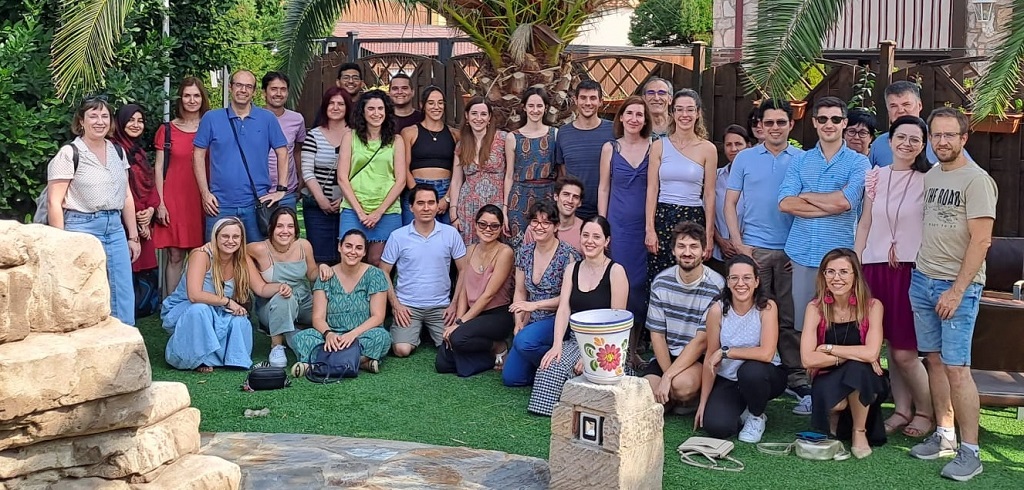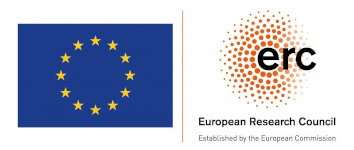
The Biomedical Signal Interpretation and Computational Simulation (BSICoS) group focuses its activity on the processing, interpretation and Computer Simulation of biomedical signals.
The main objective of the group is the development of methods for biomedical signal processing, driven by the physiology, for personalized interpretation (diagnosis, prognosis and therapy) of the conditions of the cardiovascular, respiratory and autonomic nervous systems and their interactions.
The goal is to improve the impact of ICTs in health and further understanding the functioning of biological systems that can be observed through noninvasive signals. Key to this is working with clinical teams and research groups that combine the experiences of the two areas, direct research to solve relevant clinical problems and facilitate the transfer of results to clinical practice.
Reseachers
Permanent
Temporary
Research lines
Projects
Translational Research and Training on Atrial Cardiomyopathy as a Key to Better Atrial Fibrillation Management

Implementation and validation of a closed-loop neural interface to entrain brain rhythms and reduce motor symptoms in Parkinson's Disease
 ,
, 
Methods for Stroke Monitoring and Diagnosing based on BCG
 ,
, 
multI-discipliNary, multi-Sectoral and multi-national trainIng network on Digital biomarkErs for supraventricular arrHythmia charactErizAtion and Risk assessmenT
 ,
, 
Extracting the Human Motor Null Space from Muscles - A new framework to measure human neural activity
 ,
, 
